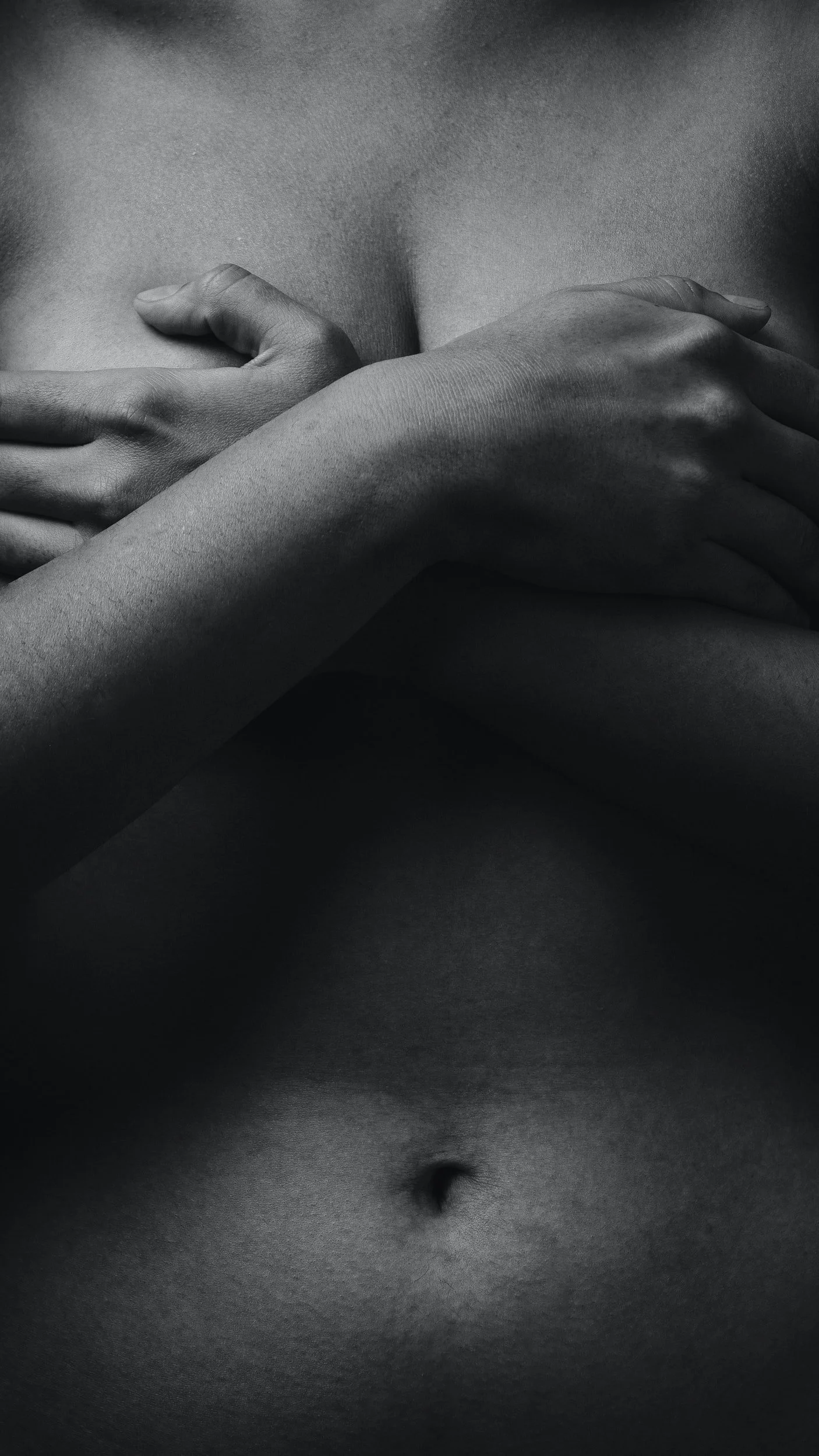Changing the Way We Think About Weight.
Resistance > Weight
The beauty of Pilates is that it captures the full three-dimensionality of all principles of physics, and frankly metaphysics, that we find in the natural world. In this way, weight is not a linear concept. More weight does not always mean harder, and lighter weight does not always mean easier. Sometimes in Pilates, more weight allows for greater stability which in turn might make an exercise easier because the high resistance is creating greater support. In the same way, less weight or stability can result in an exercise being more difficult because there is less support. Because of this, in the world of Pilates, we often swap the word weight for resistance. Frankly, I think the word resistance is a better applicator in the real world. Most of us are not moving bricks and boulders daily. However, all of us do feel resistance on a daily basis. Sometimes that resistance comes from people, sometimes it comes from a long arduous day, sometimes our own bodies resist, and sometimes there is no resistance and everything in your day happens to fall into place just as you had hoped.
weight is not a linear concept. More weight does not always mean harder, and lighter weight does not always mean easier.
Pilates and the idea of resistance challenge us to question the binaries in fitness: strong vs weak, fat vs. skinny, etc. If we think in terms of resistance, the question is then about HOW you move with and through resistance. And implicit in this, is the idea that strength is on a gradient relative to the amount of resistance. That is the work of Pilates and life. How do we move through varying levels of resistance with the greatest efficiency and effectiveness in a way that cultivates resiliency and longevity? If we change the way we think about weight and resistance can we work with it differently?
The Intersectionality of The Weight We Carry.
When it comes to Fitness, the physical weight of our bodies, as it relates to fat, is a big deal for many people. It's obvious that having more weight on your body will make “the doing” of physical exercises more difficult. What most people don't give enough credence to is how one's physical weight causes as much, if not more, a psychological burden than the physical weight itself. Weight has a major effect on how we see ourselves, how we feel about ourselves, how we feel about what we are capable of, and what our outlook for the future is, amongst many other factors.
What most people don't give enough credence to is how one's physical weight causes as much, if not more, a psychological burden than the physical weight itself.
NEO Classical Pilates helps people consider these issues in a different way through our instructor guidance. We provide useful tools and concepts to create a path through the mental/physical pitfalls and lead you to the change you wish to implement in your life.


